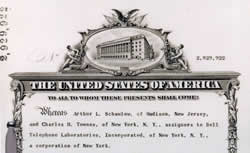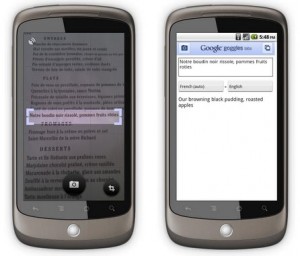 First, they came for the Furries; but I was not a Furry, and I said nothing.
First, they came for the Furries; but I was not a Furry, and I said nothing.
The Australian government has been asking visitors whether they’re carrying porn, according to the Australian Sex Party (no, really.) If you are, they’ll enjoy review it to ensure it meets their standards.
It’s part of the country’s plan to control its citizens’ Internet access: if you’re blocked from certain sites, you might try to smuggle the smut that floats your boat via computer or memory stick.
Unlike network filtering, however — which happens in data centers and doesn’t seem personal — this is a much more direct and immediate example of restricting information. It’s also a reminder that filtering the web is an inexact science at best.
(See the Arstechnica piece for more details.)






 @
@ Tags:
Tags: 













 Like all images on the site, the topic icons are based on images used under Creative Commons or in the public domain. Originals can be found from the following links. Thanks to
Like all images on the site, the topic icons are based on images used under Creative Commons or in the public domain. Originals can be found from the following links. Thanks to